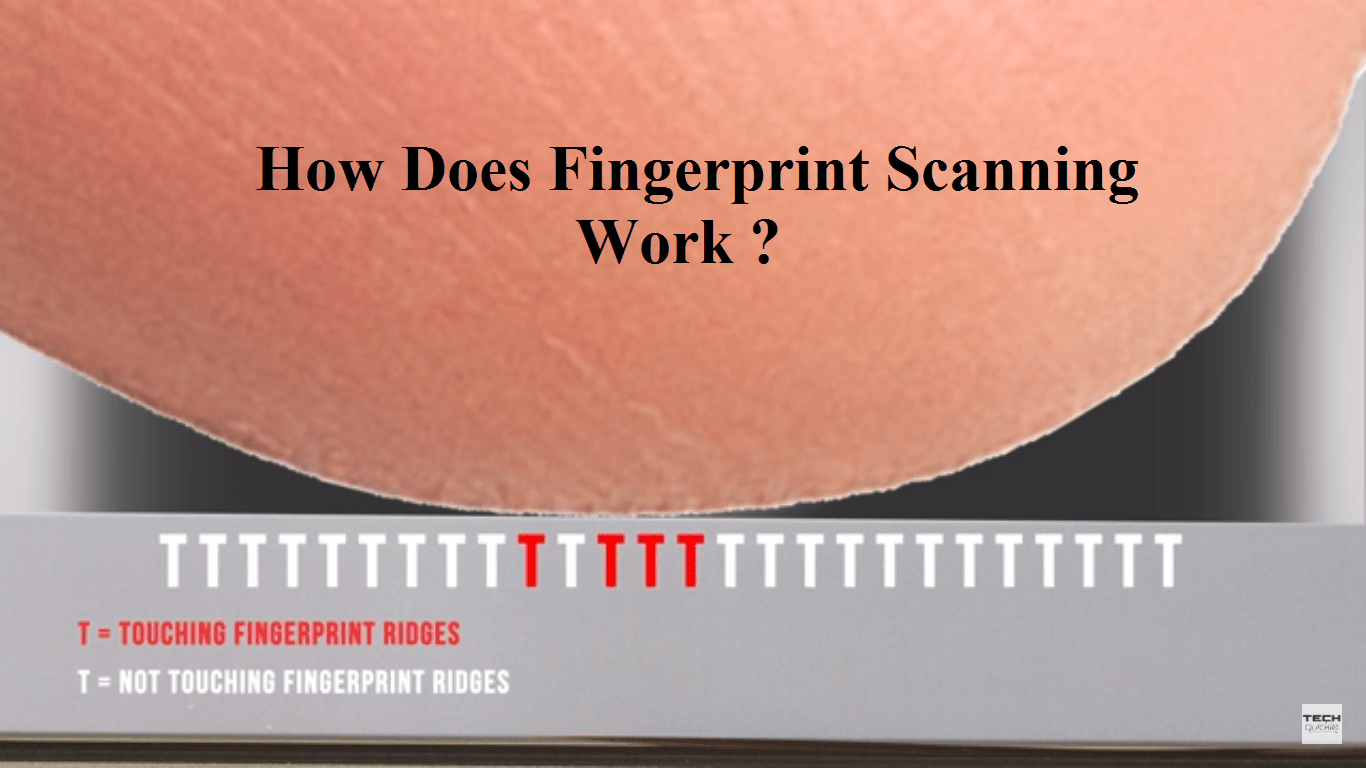
It wasn’t that long ago that any mention of Finger print scanning with conjure up images of James Bond breaking it to a Super villains evil lair these days. It seems like everyone from secret agents to travel agents is carrying around fingerprint scanners built into the
Smart phones that are paying 30 bucks a month for but how exactly do they work and how are they found their way onto so many consumer devices well as it turns out typical fingerprint readers use the same principle of capacitance as track pads and touchscreens. so if you check out our other posts on touch screens you’ll know that they typically function by detecting the difference in charge between the lower layer of your skin,which is conductive and the phone screen itself.
Fingerprint readers adapt this concept for personal identification by cramming loss of tiny conductive plates into the space just below the scanner surface they’re narrower than the ridges that make up your fingerprints when you place your finger tip against the reader. The sensors can tell which portions of your finger the ridges are touching the sensor and which are not. Because the small valleys are further away from the sensor which decreases the capacitance. The tiny place will pick up the reader can use these differences in capacitance to form a virtual image of the ridges of your fingerprint now these scanners have actually been on phones since 2007. But only you really took off.
When Apple released touch ID with the iPhone 5s in 2013 however there are other types of fingerprint readers too optical scanners use visible light to capture a more traditional image of your fingertips but these are uncommon. at least imported of Isis due to their bulk and ultrasonic fingerprint readers have the potential to be the next big thing these works somewhat similarly to a bats echolocation. The way they work out the shapes of objects in the dark ultrasonic pulses emanate from the reader and hit the ridges of your fingerprints then variations in the return signal are used to construct a scan ultrasonic sensors not only have the advantage of a cool marketing friendly name. But they can also work through other materials allowing them to be seamlessly embedded underneath the phone surface for a slicker look or it appeared through the crud of moisture on your hands for better reliability than there are capacitive counterparts sounds great right but while many people originally.
The fingerprint sensors is a highly secure technology perhaps because of their association with spy films they certainly aren’t foolproof no matter exactly which variety you’re using think of how the scanner on your phone will work even though you don’t place your finger on it in exactly the same position every time this is because they only require a good-enough partial match to decided this your finger now this allows it to recognize you from many different angles but it also means there’s a small chance of a false positive and even though master fingerprints are typically secured in some way like how Apple encrypts the touch ID fingerprint and stores it locally it’s still possible to defeat fingerprint readers using artificial moles that can be created. If say some miscreant gets to hold a fingerprints that you left on a wineglass so while the technology is super convenient. There are holes that have led most smartphone operating systems to also require a password or PIN which is especially important if you’re one of the few dozen or so people in the world that were born without fingerprints.